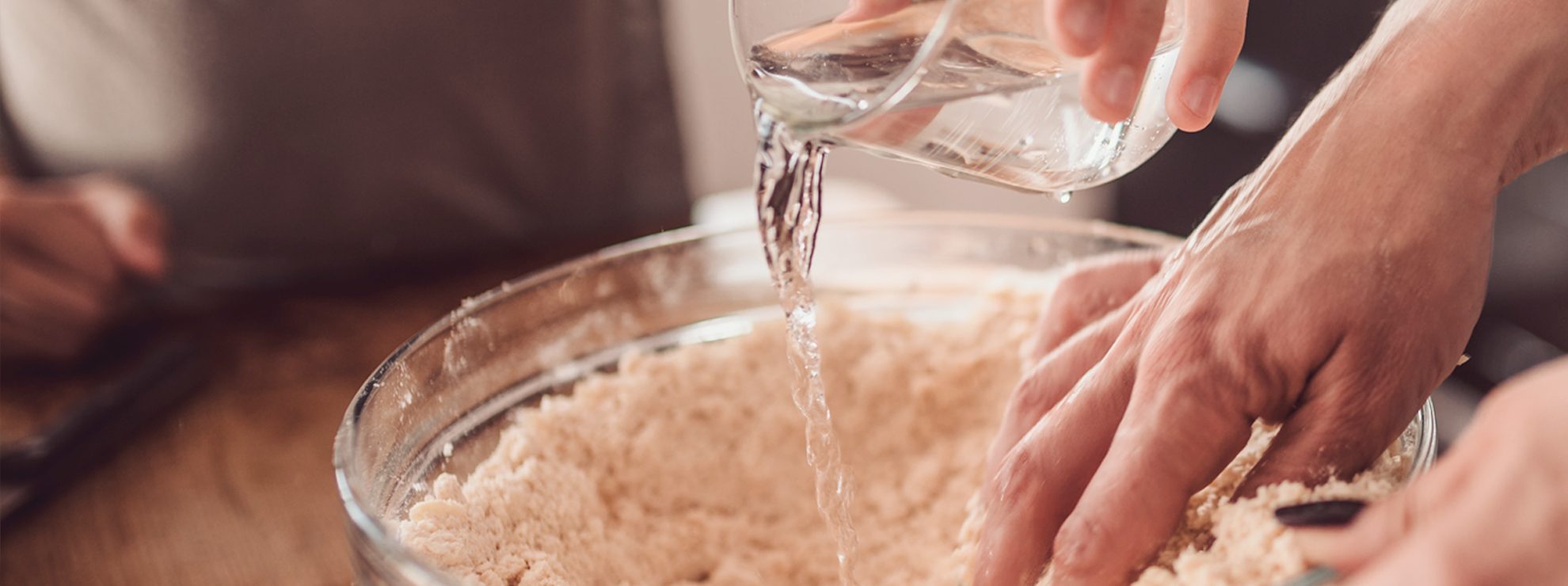Are You an Emotional Eater – Here’s How to See the Signs
Emotional eating can be described as ‘eating when you’re not hungry, in an attempt to ease difficult emotions’. These can include feelings of anger, shame, guilt, and even fear. Interestingly, we also eat more when we are happy. This usually occurs in social settings, where you might have noticed you eat a lot more than you would if you were by yourself at home. So, are you an emotional eater?
;)
The cycle of emotional eating can be detrimental, especially if you are watching your weight. When you experience unsettling emotions and turn to food, they satisfy the feeling for a short period of time. After that, you might feel frustration because of your overindulgence. This frustration leads to more unsettling feelings, and the vicious cycle starts all over again!

Why do we eat when we’re emotional?
When we are stressed, our feel-good hormones (dopamine and serotonin) drop, causing us to feel a bit blue. While these levels drop, another hormone (cortisol) increases. When we eat, we increase our serotonin and dopamine levels, which make us feel better. Many of us have deeper connections with food. We associate certain foods with happiness. Cakes remind us of birthdays. Wine, perhaps not a food but a beverage, remind us of good times with friends. As a child, food may have been used as a reward or a treat. These associations we have with food are pretty strong, and this reinforces the need to consume such foods in order to sustain these associations.

Why it needs to stop
If you’re an emotional eater, you’ll get caught in a never-ending cycle of unsatisfied feelings. And if it really spirals out of control, it can lead to weight gain, or worse, other chronic diseases. If you’ve come to realize that you often eat without feeling hungry, it’s time to spring into action and kick the habit before it leads to unnecessary negative complications.
When you feel the urge to reach for a snack, stop and reflect first on why you want it. Is it because you feel sad? Angry? Stressed? Instead of numbing the feelings with food, try to figure out why you are feeling the way you do, and whether there is perhaps something else you can do to make the feelings go away. There are many alternative ways to relieve stress that don’t involve food: exercising, journaling, coloring/drawing, watching a comedy, spending time with family… the list goes on.

The other thing you should do, is ask yourself whether you are experiencing these feelings on a regular basis. If this is the case and you realize that you regularly have feelings of anger, for example, it’s perhaps time to get to the root of the problem (maybe get some help), instead of easing the symptoms with food.
Finally, when you do eat, practice mindful eating. Science shows that we can eat up to 25% more when we are distracted while eating. So, turn off the tv, and focus on your meal! After all, eating food should be an enjoyable experience: isn’t that also one of its purposes?
;Resize,width=767;)

;Resize,width=712;)
;Resize,width=712;)
